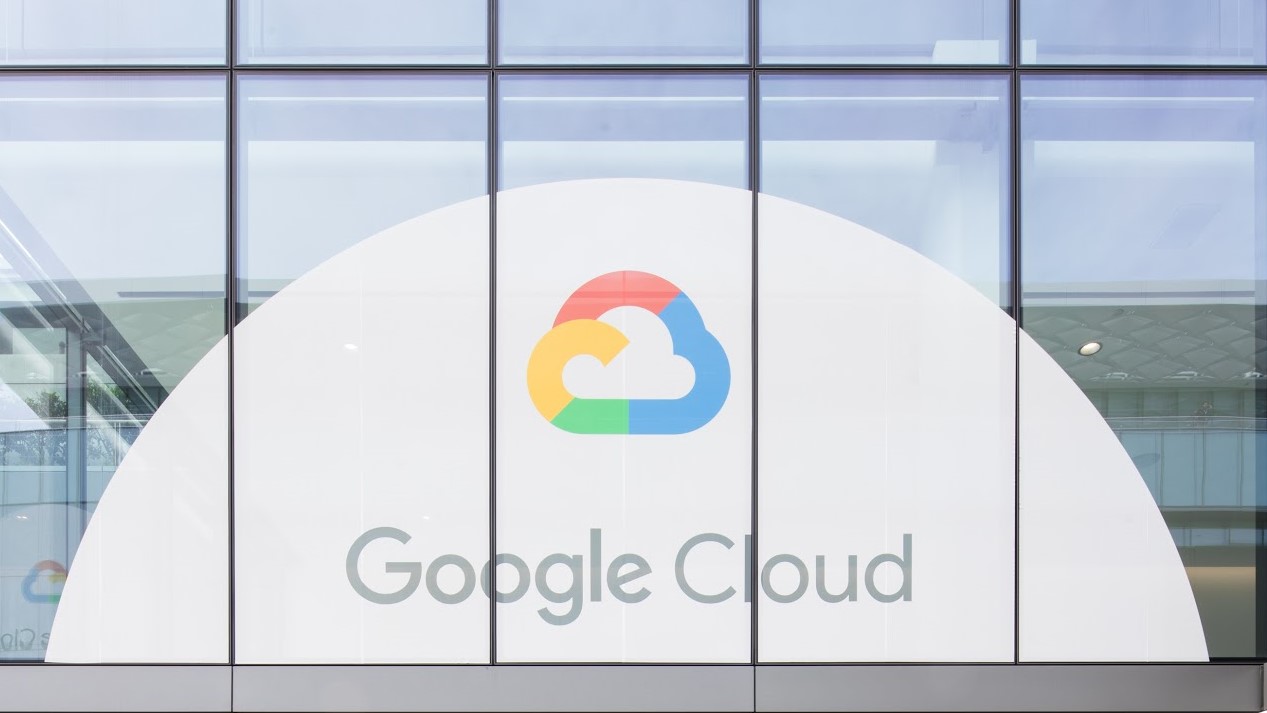Google Cloud lost billions last year, but that's not necessarily a bad thing
Revenue continues to see strong growth

Google’s parent company Alphabet has revealed its financial results for the fourth quarter 2020 - and for the first time has broken down sales relating to its Google Cloud business.
The results reveal Google Cloud lost a staggering amount of money last year but continues to post impressive levels of growth. Across 2020, the division posted a $5.6 billion loss but an increase in revenue of almost 50% when compared to 2019. But Google Cloud brought in $3.8 billion in the fourth quarter of the year, rising to $13 billion across the entirety of 2020.
Clearly, Google is happy to invest in its cloud platform, and incur large losses as a result, because it sees cloud computing as one of the dominant technology fields of the future. AWS also experienced heavy losses for years before it was able to achieve profitability.
- We've assembled a list of the best cloud computing services around
- Check out our roundup of the best cloud storage solutions
- And these are the best cloud hosting providers on the market
Profit elsewhere
Fortunately, Alphabet is able to absorb Google Cloud’s losses due to its other profitable businesses. Google Services brought in $19 billion in net income for the fourth quarter of 2020, a rise of 41% compared to the same period in 2019. YouTube and the company advertising division also continue to perform well.
It’s also worth remembering that Google Cloud launched four new regions in 2020, starting work on several others, and made additional investments. With data centers proving expensive to set up and manage, it’s easy to see how losses mount up when expansion is viewed as the main ambition.
Although Google Cloud is likely to achieve profitability someday given the growing importance of cloud computing to the computing world, Alphabet is well aware that it faces tough competition - although recent reports claimed Google Cloud had closed the performance gap with its rivals Microsoft Azure and AWS.
- We've also highlighted the best web hosting services
Via The Verge
Are you a pro? Subscribe to our newsletter
Sign up to the TechRadar Pro newsletter to get all the top news, opinion, features and guidance your business needs to succeed!
Barclay has been writing about technology for a decade, starting out as a freelancer with ITProPortal covering everything from London’s start-up scene to comparisons of the best cloud storage services. After that, he spent some time as the managing editor of an online outlet focusing on cloud computing, furthering his interest in virtualization, Big Data, and the Internet of Things.
